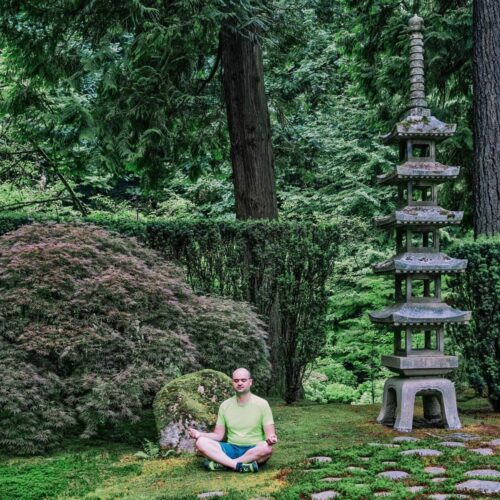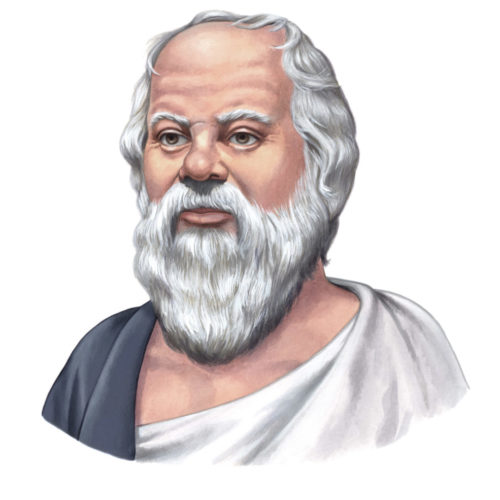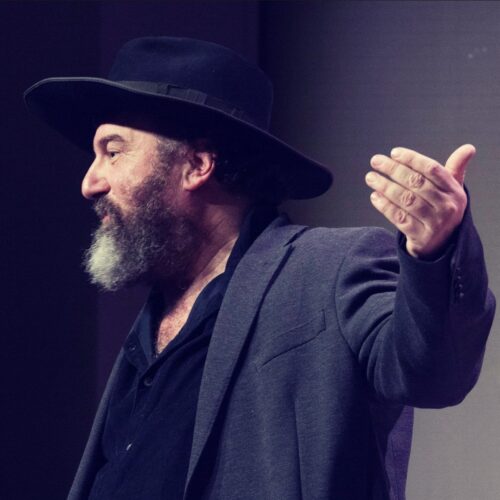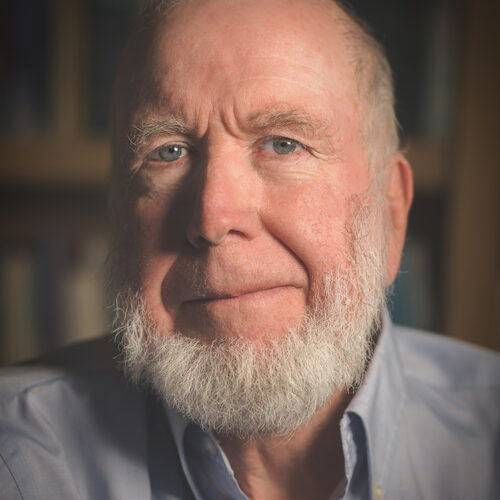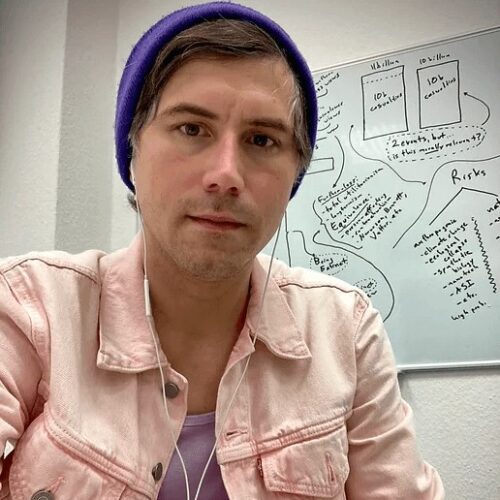Dr. Michael Fossel: Compassion is the reason to reverse aging!
Socrates / Podcasts
Posted on: November 6, 2014 / Last Modified: May 2, 2024
Podcast: Play in new window | Download | Embed
Subscribe: RSS
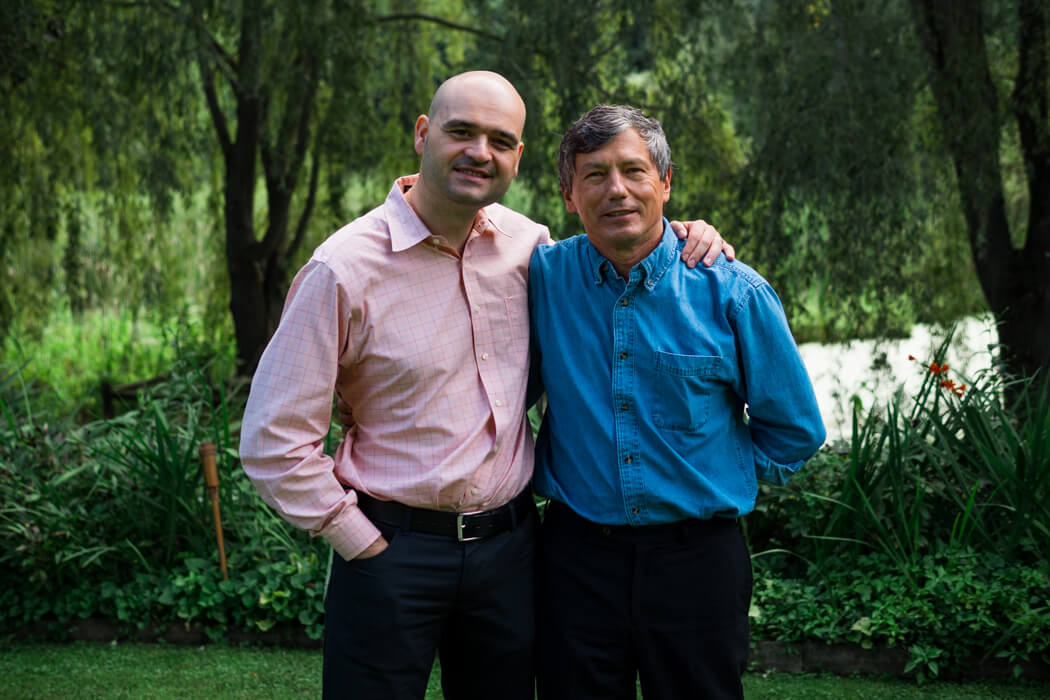 Michael Fossel‘s dream is to reverse human aging and since 1996 he has been a strong and vocal advocate of experimenting with telomerase therapy as a potential way of intervention in a wide variety of medical conditions related to aging. Fossel is also one of those unique people who are a real pleasure to see speaking from the stage and meet in person. And having done both of these, I can honestly say that Michael is as much an impassioned expert-speaker as he is a compassionate human being. He is also a generous host, who loves entertaining guests visiting his fabulous house, and I had fun socializing with him both in front and behind the camera. So I very much enjoyed interviewing Dr. Fossel for my podcast and wish him success with his daring quest.
Michael Fossel‘s dream is to reverse human aging and since 1996 he has been a strong and vocal advocate of experimenting with telomerase therapy as a potential way of intervention in a wide variety of medical conditions related to aging. Fossel is also one of those unique people who are a real pleasure to see speaking from the stage and meet in person. And having done both of these, I can honestly say that Michael is as much an impassioned expert-speaker as he is a compassionate human being. He is also a generous host, who loves entertaining guests visiting his fabulous house, and I had fun socializing with him both in front and behind the camera. So I very much enjoyed interviewing Dr. Fossel for my podcast and wish him success with his daring quest.
During our 1 hour discussion with Michael, we cover a variety of interesting topics such as his dream to reverse aging and the desirability and feasibility thereof; the Hayflick limit of cell division and Aubrey de Grey’s concerns that telomerase therapy may cause cancer; the distinction between reversing aging and living forever; his “non-sexy” tips on healthy living; his take on cryonics and transhumanism…
My favorite quotes that I will take away from this interview with Michael Fossel are:
“Ageing is dynamic, not static”
“Never mind the low-hanging fruit. […] Go for the important one!”
“The reason to do this [reverse aging] is not to double somebody’s lifespan. The reason to do this is because people out there are hurting. They are frightened. They are terrified by the things that happen to them when they get disease. The reason to do this is because we are human and we should be working at this. It’s not playing God, it is working at being human. It’s compassion. It’s not a matter of living longer, it is a matter of making people healthy again.”
As always you can listen to or download the audio file above or scroll down and watch the video interview in full. To show your support you can write a review on iTunes, make a direct donation, or become a patron on Patreon.
Who is Michael Fossel?
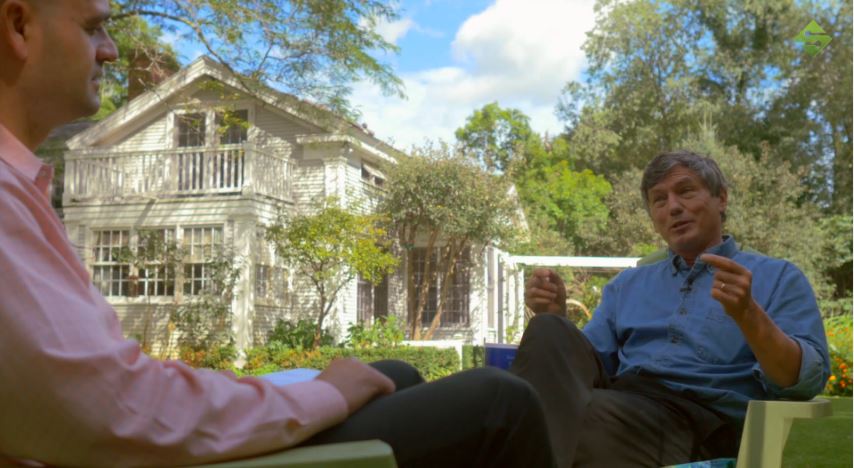 Author of a major upcoming book on Telomerase Therapy and working to bring telomerase therapy to human trials, Michael Fossel, M.D., Ph.D. (born 1950, Greenwich, Connecticut) was a professor of clinical medicine at Michigan State University for almost 30 years and still teaches a course on the Biology of Aging as a university professor.
Author of a major upcoming book on Telomerase Therapy and working to bring telomerase therapy to human trials, Michael Fossel, M.D., Ph.D. (born 1950, Greenwich, Connecticut) was a professor of clinical medicine at Michigan State University for almost 30 years and still teaches a course on the Biology of Aging as a university professor.
Founder and former editor-in-chief of Rejuvenation Research, he is best known for his views on telomerase therapy as a possible treatment for cellular senescence and human age-related disease. Dr. Fossel has appeared on many major news programs to discuss aging and regularly on National Public Radio (NPR). He is also a respected lecturer, author, and physician.
Prior to earning his M.D. at Stanford Medical School, Fossel earned a joint B.A. (cum laude) and M.A. in psychology at Wesleyan University and a Ph.D. in neurobiology at Stanford University. He is also a graduate of Phillips Exeter Academy. After graduating from medical school in 1981, he was awarded a National Science Foundation fellowship and taught at Stanford University Medical School.
Dr. Fossel has lectured at the National Institute for Health, the Smithsonian Institution, and at various other universities and institutes around the world. Fossel is a fellow of the American College of Emergency Physicians, a member of the American Association for the Advancement of Science, the Gerontological Society of America, the American Society on Aging, and the American Geriatrics Society, and served on the board of directors for the American Aging Association, as well as their executive director.
Fossel has written numerous articles on aging and ethics for the Journal of the American Medical Association and In Vivo, and he published a book titled Reversing Human Aging in 1996. The book garnered favorable reviews from mainstream newspapers as well as Scientific American and has since been published in six languages. His magisterial academic textbook Cells, Aging, and Human Disease was published in 2004 by Oxford University Press. His latest book, Electronic Health Records: Strategies for Long-Term Success was published in 2013 by Health Administration Press. His new book, tentatively titled Telomerase Therapy, is now in press and due for publication in 2015.
Since his days teaching at Stanford University, Fossel has studied aging from a medical and scientific perspective with a particular emphasis on premature aging syndromes such as progeria, and since at least 1996 he has been a strong and vocal advocate of experimenting with telomerase therapy as a way of treating diseases, disorders, and syndromes such as progeria, Alzheimer’s disease, atherosclerosis, osteoporosis, cancer, AIDS, and organ senescence (i.e., aging). However, he is careful to qualify his advocacy of telomerase therapy as being a potential treatment for these conditions rather than a “cure for old age” and a panacea for age-related medical conditions, albeit a potential treatment that could radically extend the maximum human life span and reverse the aging process in most people. Specifically, Fossel sees the potential of telomerase therapy as being a highly effective point of intervention in a wide variety of medical conditions.

